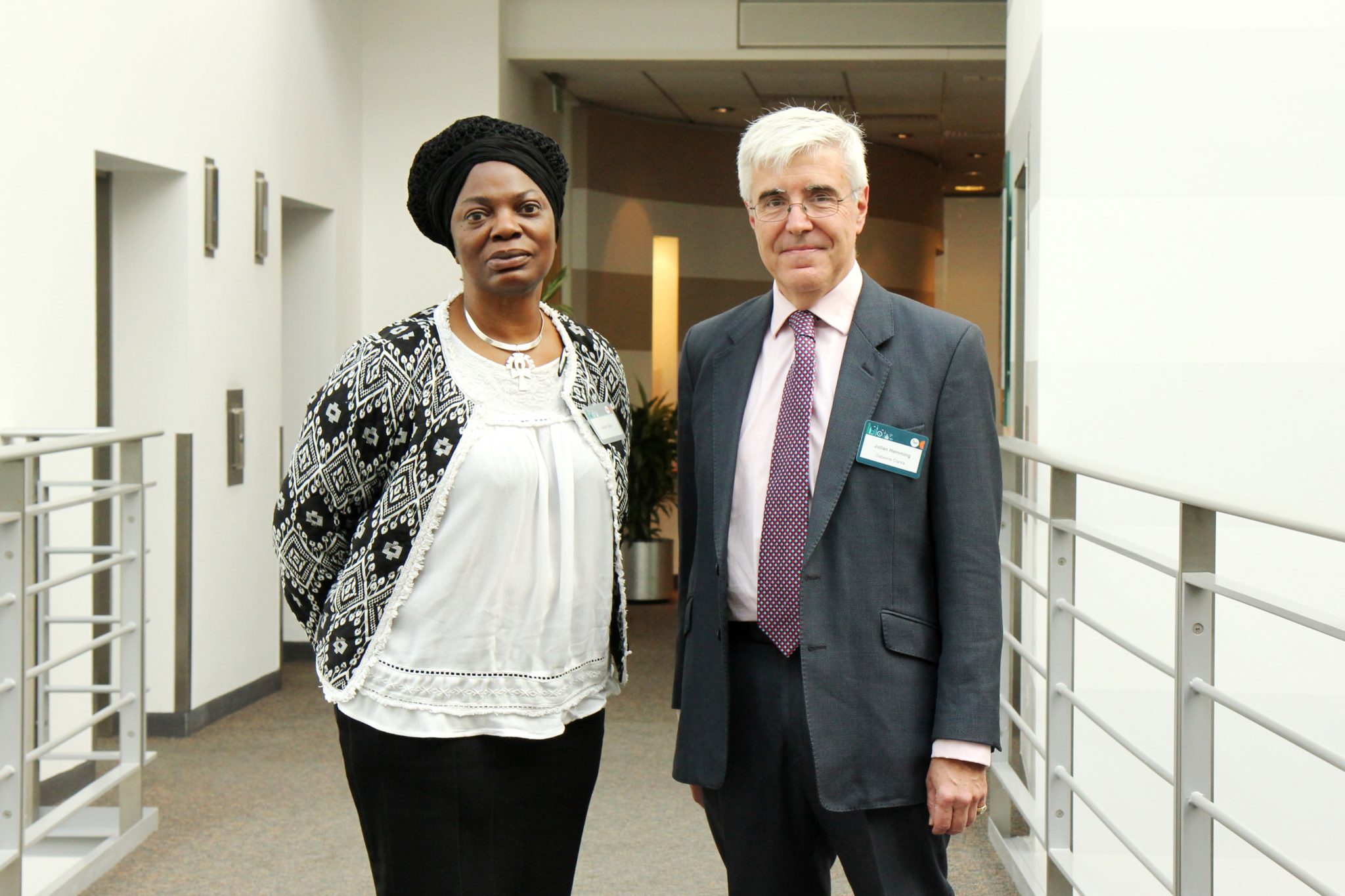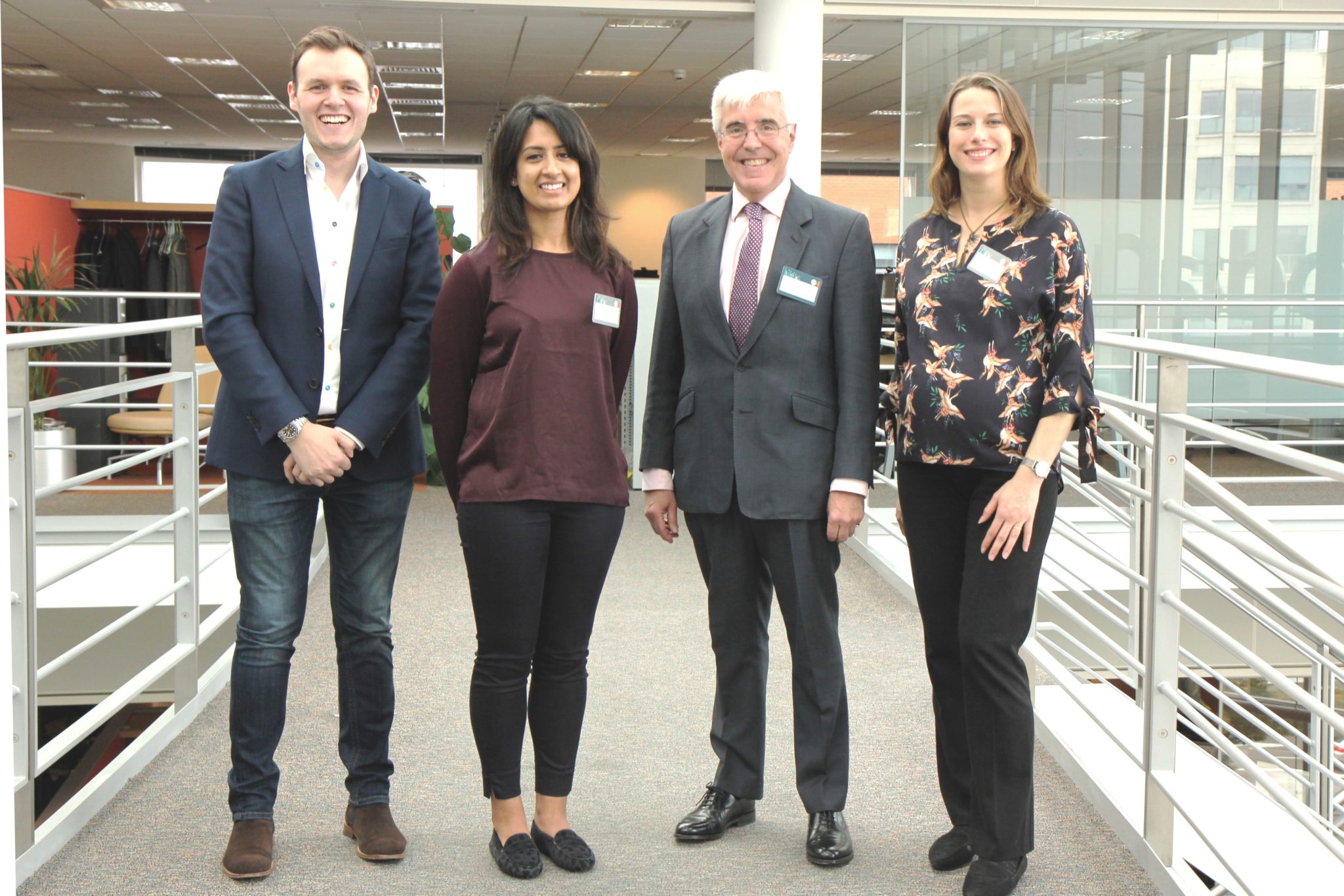Bristol’s burgeoning technology sector is being held back by a lack of ethnic and gender diversity among its workforce, the city’s deputy mayor told an audience at a major city law firm.
Councillor Asher Craig was among the speakers at the “digital diversity” panel event held at the offices of international legal practice Osborne Clarke.
Also speaking were Julian Hemming, chair of the international employment law group at Osborne Clarke; Monika Radclyffe, centre director of the Bristol SETsquared tech start-up incubator; Dr. Zainab Khan, leader for continuous enhancement at the University of the West of England; and Patrick Philpott, founder and managing director of VisionPath, a social enterprise which has worked with over 5,000 young people to improve their employability skills.
Councillor Craig paid tribute to the role played by tech firms in creating a strong and dynamic local economy – but said that a sector which prides itself on its “disruptive” potential needs to “disrupt” itself by becoming more diverse, thereby stimulating even more growth.
“The digital sector has been a great success story in this city, but to the city’s tech firms I say: ‘Lack of diversity is holding you back because you should reflect the diversity of your community and your potential customer base.’
“Brexit and tightening immigration rules are coming, so tech companies need to draw on all sections of the workforce. Homegrown talent is needed to bridge the gap and Bristol is full of untapped potential.
“None of us are immune to this problem. Looking at my own organisation, Bristol City Council has circa 6,500 staff. Women are well represented, especially in the top tiers of management, but the outlook is poor in other areas. For example, the majority of BME (Black and Minority Ethnic) staff are concentrated in the lower levels of the organisation, in areas such as admin, business support and cleaning.”
Julian Hemming told the audience that improving diversity at Osborne Clarke is a key objective which is being driven by the firm’s managing partner, Ray Berg.
“The challenge for us as a law firm is to improve our diversity and this is a big work in progress,” he said. “We are making strides in terms of gender diversity and we are looking to do more in other areas.”
Monika Radclyffe said that businesses need to be careful of their own unconscious bias. For example, at SETsquared some of the entrepreneurs are in their 60s, whereas a wrongly held perception is that digital business is only for younger people. She said there were opportunities for people of all ages to learn new skills.
Meanwhile Patrick Philpott emphasised the importance for businesses to engage with communities for whom digital business may be a little known concept.
“This will be of great value to business and it must not be seen as just another CSR exercise,” he said.
Audience member, Poku Osei, CEO of Babbasa pointed out that “business should reach outside mainstream education and approach communities through trusted partners be it the church, temple, mosque or other community organisation in order to create partnerships and pathways to work”.
A more diverse workforce will lead to greater well-being within workforces, which in turn will lead to the improved productivity which is vital to the UK’s success.


Deputy mayor Asher Craig; and left to right, Patrick Philpott, Dr. Zainab Khan, Julian Hemming and Monika Radclyffe
Corporate communications and press contacts
Connect with one of our experts




